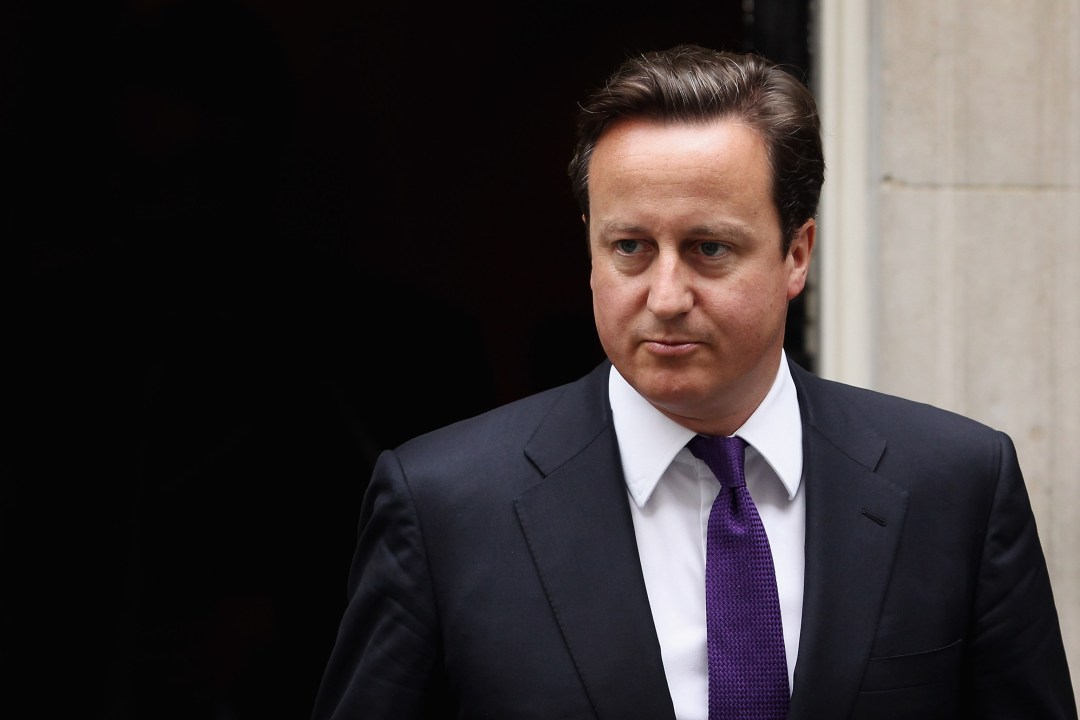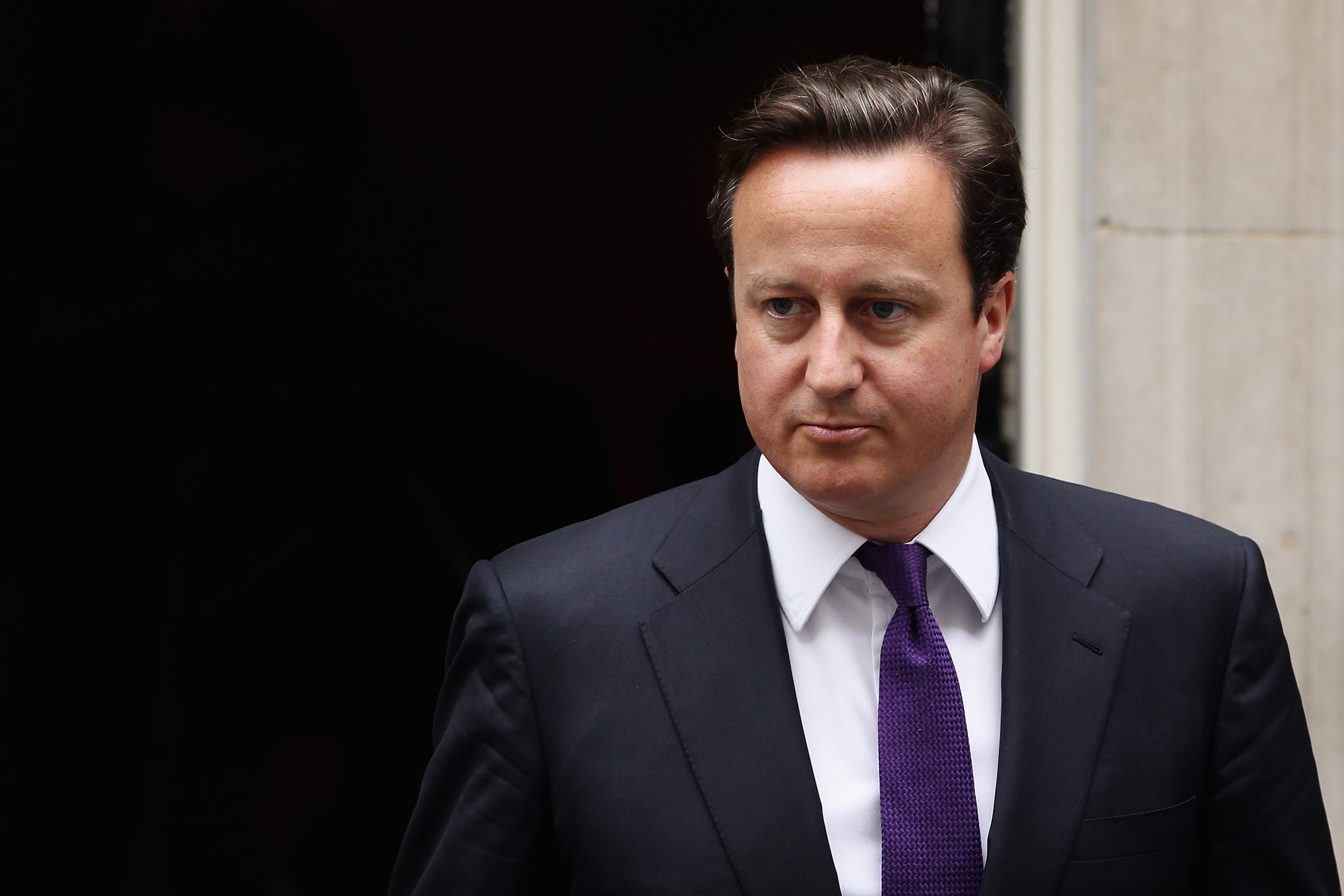 The list of things that will be Big Politics when Parliament returns from its summer
break is growing all the time: growth, the post-riot clean-up, the undeserving rich, multiple squeezes, and so on. But few will have has much everyday resonance as another item on the list: rising
energy prices. This has been a problem for some time, of course, thanks to a toxic combination of trickle-down green measures, oil price spikes, and financial effrontery from the energy companies.
But it looks only to get worse. This morning’s Telegraph reports on an
internal Downing Street document — entitled “Impact of our energy and climate policies on consumer energy bills” — which suggests that the coalition’s policies will add
£300 a year to Joe Public’s bills by 2020.
The list of things that will be Big Politics when Parliament returns from its summer
break is growing all the time: growth, the post-riot clean-up, the undeserving rich, multiple squeezes, and so on. But few will have has much everyday resonance as another item on the list: rising
energy prices. This has been a problem for some time, of course, thanks to a toxic combination of trickle-down green measures, oil price spikes, and financial effrontery from the energy companies.
But it looks only to get worse. This morning’s Telegraph reports on an
internal Downing Street document — entitled “Impact of our energy and climate policies on consumer energy bills” — which suggests that the coalition’s policies will add
£300 a year to Joe Public’s bills by 2020.
David Cameron is said to be worried, and understandably so. With inflation expected to outpace wage growth over the next year, and beyond, the PM could do without tightening the vice clamped around folks’ pay-cheques. And he could probably also do without the Energy Department’s optimistic forecasts for the effect of “efficiency savings” on household bills. “We find the scale of household energy consumption savings calculated by DECC to be unconvincing,” reads the same internal note, “Their analysis may be based on the assumption that many energy efficiency measures will be taken up without subsidy, whereas we believe a large number of measures will need to be subsidised, given the hassle factor and other barriers to consumer uptake.”
So what’s to be done? The report itself hints that super-expensive technologies, such as off-shore wind turbines, might be reconsidered. And then there’ll be a lot of pressure on the government to start lowering, or jettisoning, various green taxes. But, as wise as either of these responses may be, the truth is that this is not a straightforward situation for Cameron and George Osborne. As I wrote in the Times (£) a few weeks ago, stuttering growth has cast all of Osborne’s budgetary plans into a downwards spiral. There is far less breathing space than there used to be, even just a year ago. I mean, remember the grand fuss that was made earlier this year when fuel duty was cut by 1p a litre, and the fiscal chicanery that was required to achieve it? And all for a commodity that is effectively taxed at over 150 per cent? Those are the sorts of slim margins that we are operating in.
One supplementary fear I have is that rising energy prices will only solidify Cameron’s determination to stick by universal benefits such as the Winter Fuel Allowance. The Prime Minister has shied away from the politics of targeting these payments to those who need them most, so one can only assume he will be even more nervous to kickstart that debate now. But the fact is that the Winter Fuel Allowance could be considerably better targeted. Figures from Policy Exchange show that only 18.5 per cent of its recipients are classed as “fuel poor”.
In any case, you can bet that politicians, of all creeds, are going to start hurling rhetorical barbs at the energy companies — lambasting them for passing on various costs to their consumers. Indeed, in the next few months, energy supremos are likely to join bankers on the list of Westminster’s Most Wanted.







Comments